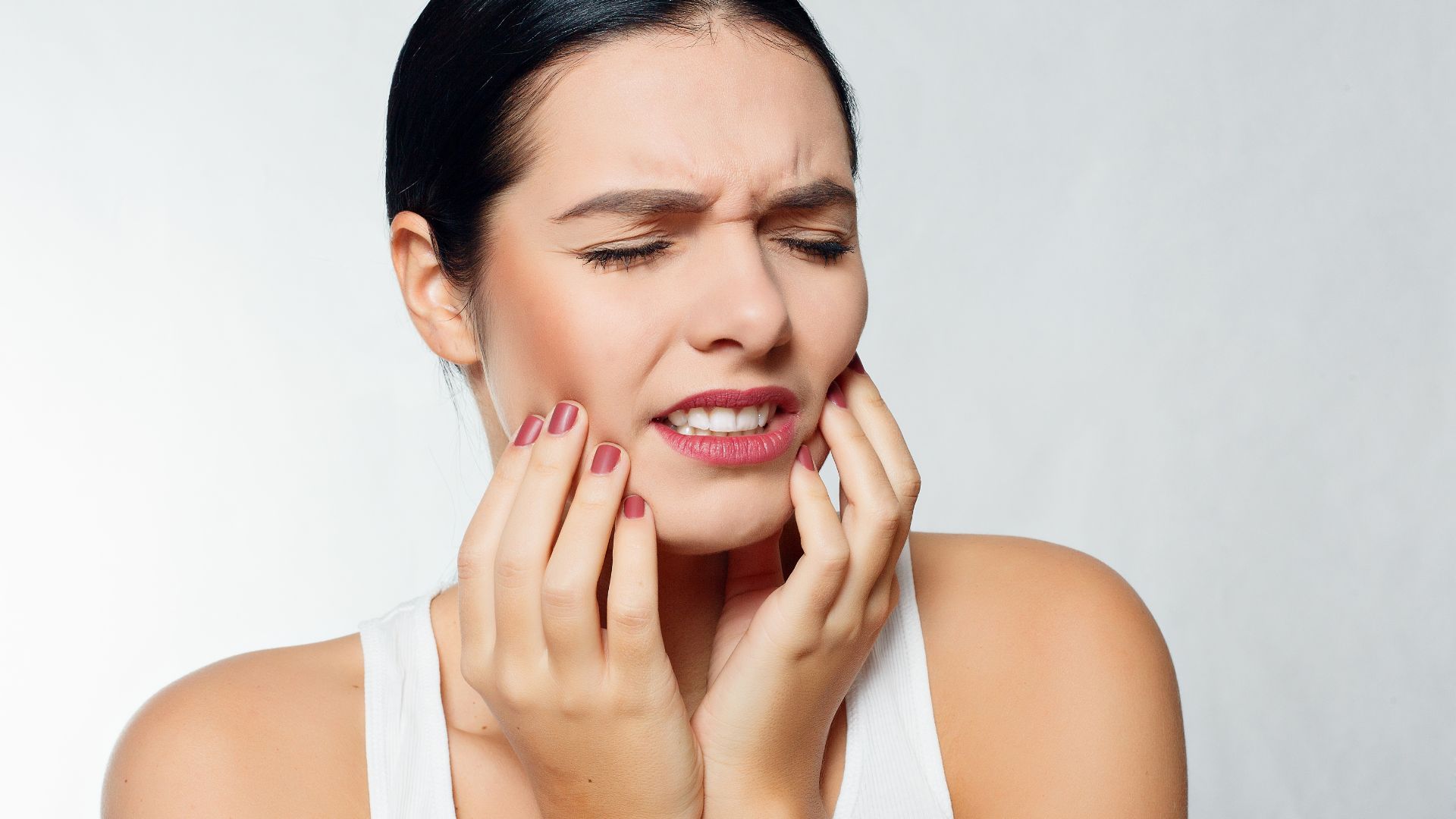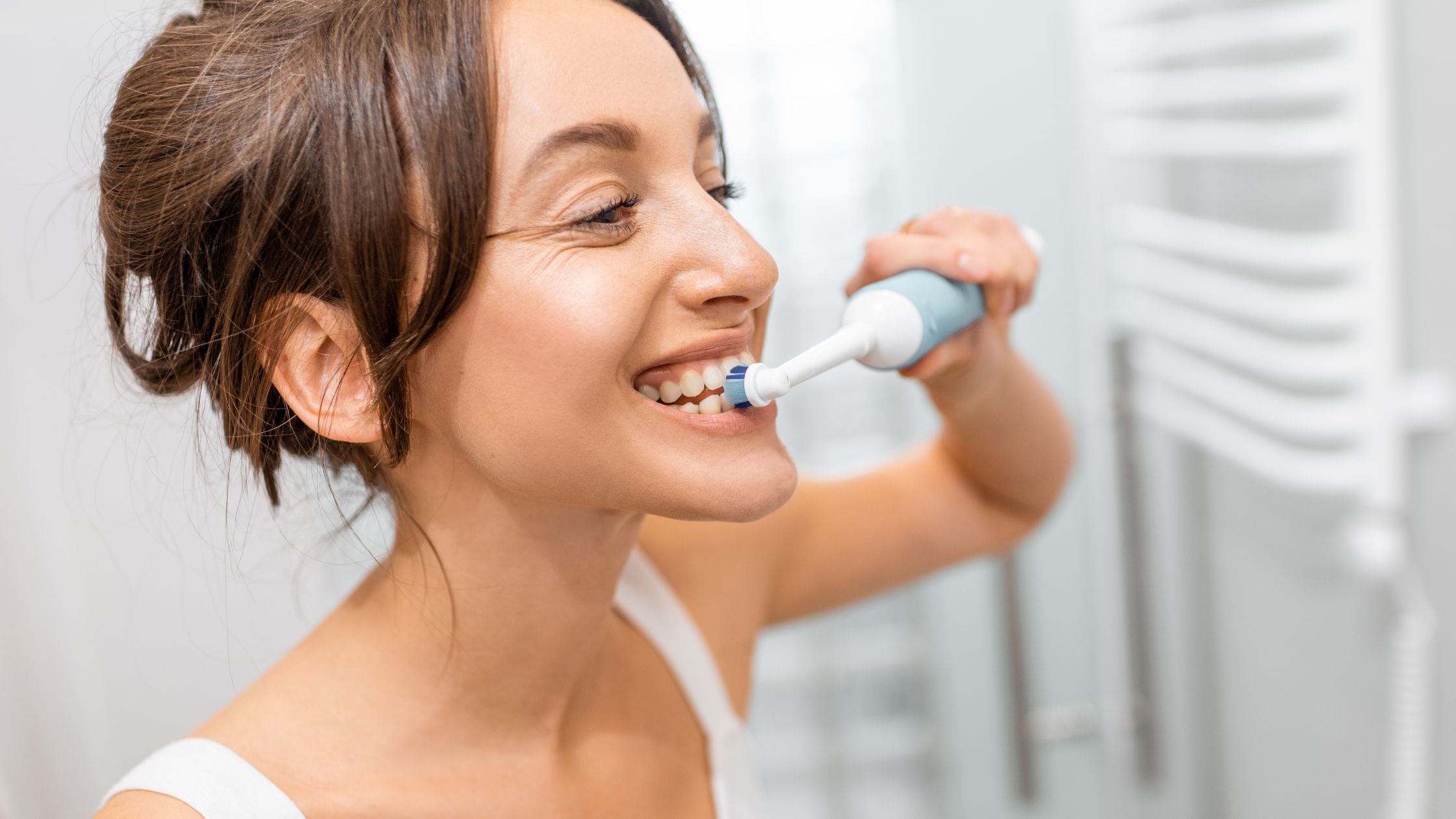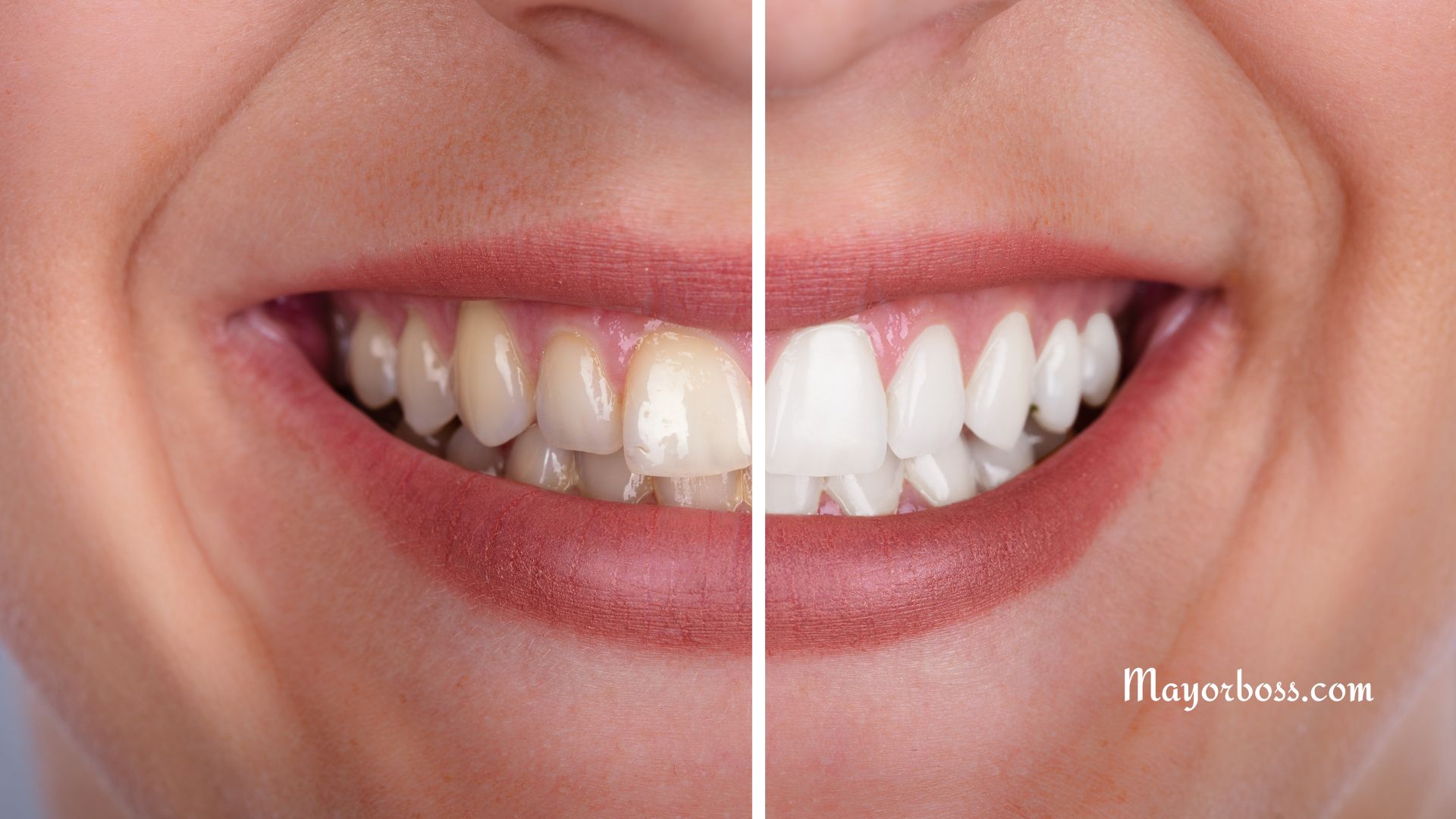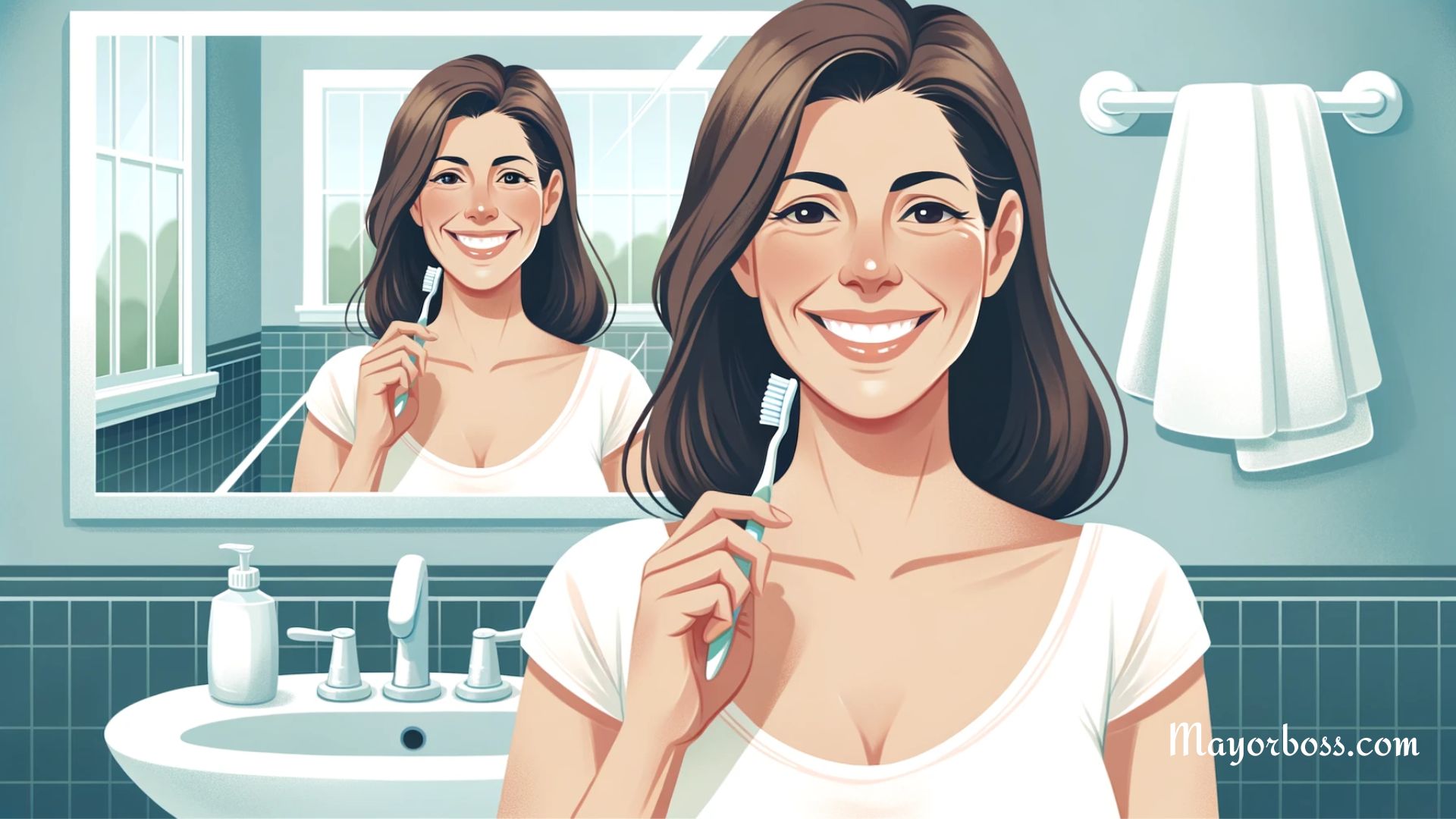Dentists are Warning: Stop Doing This To Your Teeth
Good dental hygiene is vital for a healthy mouth and overall well-being. Daily brushing and flossing are essential to removing plaque and food debris, preventing issues like tooth decay and gum disease. However, dentists warn against specific practices that can seriously undermine your oral health. This article will look into common harmful habits, explain why they can damage your teeth, and offer expert advice on safer alternatives.
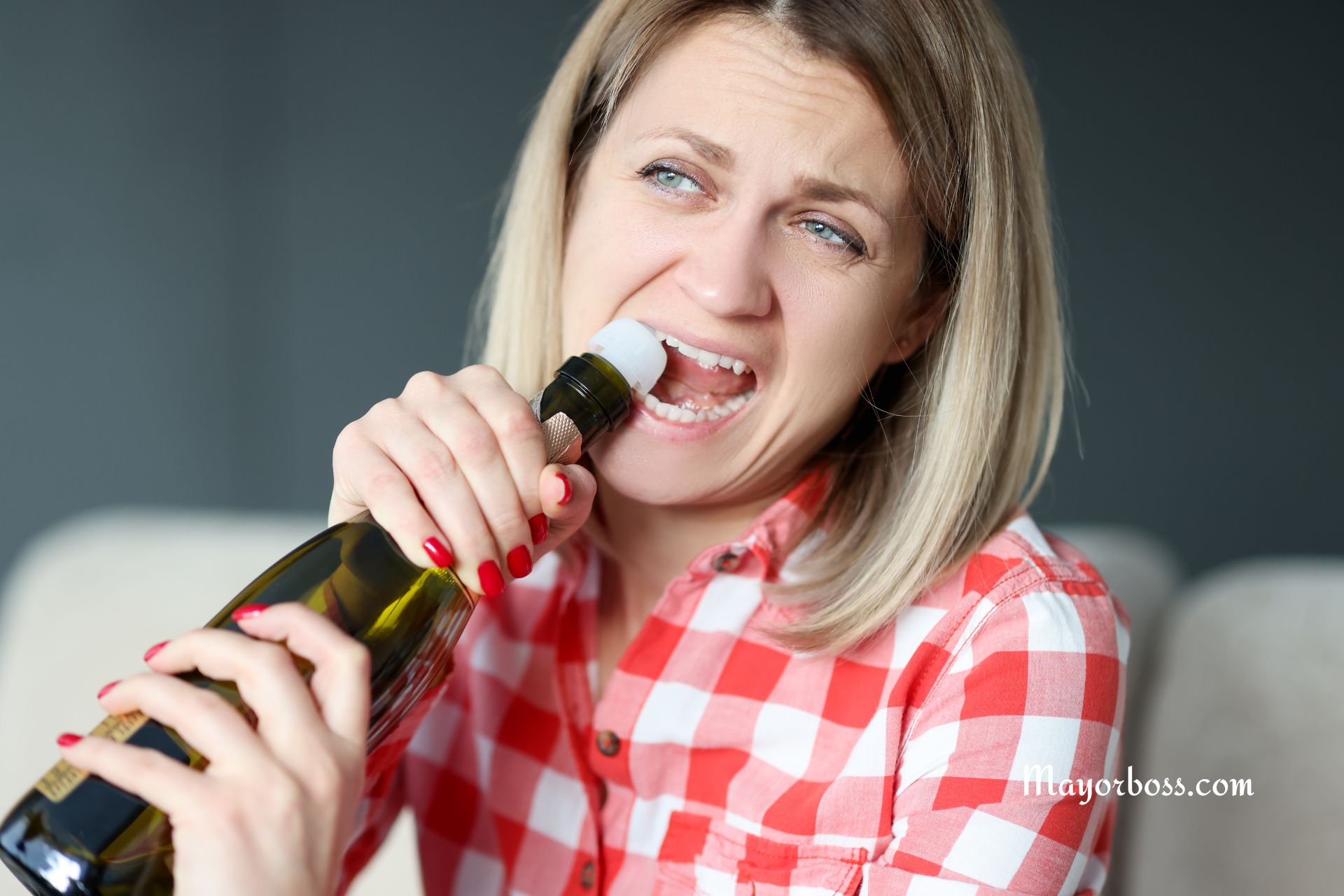
Overenthusiastic Brushing
While brushing is a primary cornerstone of good oral hygiene, there’s such a thing as being too vigorous. Brushing with intense force or using a hard-bristled toothbrush can erode the protective layer of your teeth called enamel. This weakening makes your teeth more susceptible to decay, sensitivity, and unsightly discoloration.
What To Do Instead:
- Bristles Matter: Opt for a toothbrush with soft or extra-soft bristles. Soft-bristled toothbrushes effectively remove plaque while minimizing enamel wear and tear.
- Gentle Pressure: A light touch is all you need to dislodge plaque effectively. Focus on a circular, massaging motion rather than intense back-and-forth scrubbing.
- Two-minute Timer: Dentists recommend brushing your teeth for at least two minutes each session – but overbrushing with harsh strokes will do more harm than good.
Rinsing Your Mouth After Brushing
It may feel intuitive to rinse your mouth with water or mouthwash immediately after brushing. However, this habit can wash away the beneficial fluoride from your toothpaste. Fluoride works to strengthen your teeth and make them more resistant to the acids that cause tooth decay.
What To Do Instead:
- Spit, Don’t Rinse: Get into the habit of spitting out excess toothpaste after brushing, but avoid rinsing your mouth with water. Give the fluoride enough time to do its job of protecting your enamel.
- Mouthwash Later: If you wish to use mouthwash, do it at a different time of day (for example, after lunch) rather than immediately following your brushing routine.
Grinding Your Teeth (Bruxism)
Tooth grinding is a condition called bruxism, which often occurs unknowingly during sleep. The habit of clenching and grinding puts immense pressure on your teeth, potentially leading to wear, chips, fractures, and even tooth loss in severe cases.
What To Do Instead:
- Mouthguards: Wearing a custom-fitted mouthguard during sleep creates a protective barrier between your teeth. Discuss getting fitted for a mouthguard with your dentist.
- Stress Management: As stress is a significant contributor to bruxism, try stress-reduction techniques such as yoga, meditation, or talking to a therapist to address anxiety and find relief.
Using Your Teeth as Tools
Your teeth are designed for chewing food, not for opening packages, biting nails, or holding objects. Activities like these create micro-fractures in your teeth that increase the risk of chips, cracks, and breakage over time.
What To Do Instead:
- Reach for the Tools: Have appropriate tools (scissors, nail clippers, bottle openers, etc.) handy to avoid subjecting your teeth to unnecessary stress.
- Find Alternatives: Replace habits like nail-biting and object-holding with less destructive options like chewing sugar-free gum. Your teeth will thank you!
Frequent Snacking on Sugary Drinks or Foods
Every time you consume sugar, oral bacteria create harmful acids that attack your teeth for up to 20 minutes afterward. Regular snacking on sugary foods or sipping on sugary drinks exposes your teeth to near-constant acid attacks, increasing your risk of cavities.
What to Do Instead:
- Limit Sugary Snacks: Choose water-rich fruits and vegetables instead of candy or cookies. Avoid snacking in between meals to give your teeth rest periods.
- Water Breaks: Drink plenty of water after enjoying a sugary treat. Water helps wash away leftover food particles and neutralize the acids in your mouth.
- Brush Before Bed: Never skip brushing after an evening snack, as plaque and food debris left overnight give bacteria a free pass to do damage.
Acidic Foods and Drinks
A diet high in acidic foods and drinks like citrus fruits, sodas, coffee, and wine can soften the enamel over time. This leaves teeth more vulnerable to erosion, contributing to tooth sensitivity and increased susceptibility to cavities.
What To Do Instead:
- Moderation is Key: Don’t completely cut out your favorite acidic foods or drinks, but enjoy them in moderation instead.
- Rinse with Water: After indulging, rinse your mouth thoroughly with water. This will help to wash off damaging acids and sugar.
- Wait Before Brushing: Don’t brush your teeth immediately after consuming acidic foods or drinks. Brushing while your enamel is temporarily softened can increase erosion. Give your teeth at least 30 minutes to remineralize before brushing.
Ignoring Gum Symptoms
Swollen, bleeding, or receding gums might seem like minor issues, but they’re early indicators of gum disease (Gingivitis). If left untreated, gingivitis can advance to periodontitis, a severe condition leading to bone loss and, ultimately, tooth loss.
What to Do Instead:
- See Your Dentist: Don’t brush off any early signs of gum trouble. See your dentist for prompt evaluation and treatment to prevent more severe oral health problems down the line.
- Brush & Floss: Regular brushing and daily flossing remain your first line of defense against gum disease. Flossing cleans areas your toothbrush can’t reach, removing plaque buildup between your teeth and along the gumline.
Frequently Asked Questions
1. Why is flossing important, even if I brush regularly?
Brushing alone cannot remove the plaque and food debris that collects between your teeth. Flossing is essential to clean these hard-to-reach areas and prevent plaque buildup that can lead to cavities and gum disease.
2. Is chewing ice a bad habit?
Yes, chewing ice is a big no-no for your teeth! The harshness of ice can cause chips, cracks, and even damage existing dental work, putting them at risk of fracturing. Stick to drinking chilled water if you want to feel refreshed.
3. What if I have tooth sensitivity? What can I do?
If you experience tooth sensitivity, make an appointment with your dentist. They will analyze the cause of your sensitivity and recommend appropriate treatment. This could include desensitizing toothpaste, in-office fluoride treatments, or addressing any underlying conditions causing sensitivity.
In Conclusion
Protecting your teeth requires more than just brushing twice a day. By changing these harmful habits and implementing expert recommendations, you can significantly improve your long-term oral health. It’s never too late to take steps to maintain a healthy, beautiful smile!

